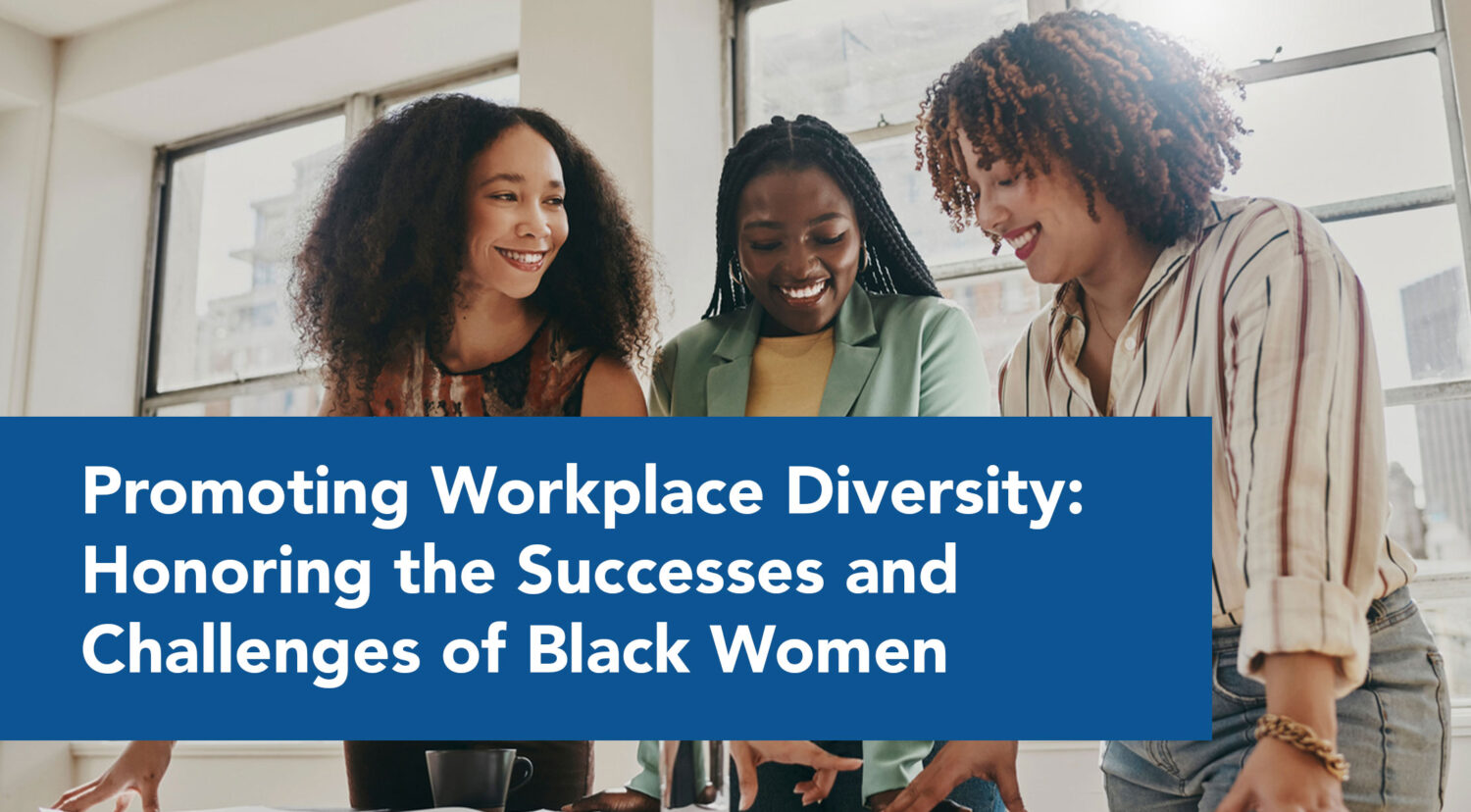

Hello my HR professional friends!
We’re in the middle of Black Women’s History Month, a journey of celebration, reflection, and advocacy, and honoring the remarkable contributions of Black women leaders throughout history. From trailblazing activists and scholars to groundbreaking entrepreneurs and innovators, Black women have played pivotal roles in shaping our society and advancing the cause of equality and justice. In this blog post, we’ll explore the origins of Black Women’s History Month and discuss how we can promote diversity and inclusion in the workplace to honor their legacy.
Origins of Black Women’s History Month: Recognizing Unsung Heroes
Black Women’s History Month traces its roots back to the broader observance of Women’s History Month, which was officially recognized by the United States in 1987. However, it became apparent that the achievements and contributions of Black women were often overlooked or marginalized within the broader narrative of women’s history. In response to this oversight, Sha Battle established Black Women’s History Month in Atlanta less than a decade ago. (The Origins of Black Women’s History Month – 21Ninety) It emerged as a dedicated time to celebrate and uplift the stories and experiences of Black women leaders who have shaped history and inspired future generations.
Honoring Black Women Leaders: Celebrating Resilience and Excellence
During Black Women’s History Month, we pay tribute to the countless Black women who have broken barriers, shattered glass ceilings, and defied stereotypes in their respective fields. From civil rights icons like Rosa Parks and Fannie Lou Hamer to modern-day trailblazers like Oprah Winfrey and Kamala Harris, Black women leaders have left an indelible mark on our society, paving the way for progress and social change. Their resilience, courage, and unwavering commitment to justice serve as a beacon of inspiration for all.
Recognizing a Sad Truth
This leads me to a rather sad statement: Black female workers are almost non-existent in the kinds of statistics that I normally like to include in these pieces. They get mentioned in pay gap discussions, where they experience the greatest disparity versus white men, and feel the least supported in their jobs compared to other groups. Here’s a great report on that and another source. Also, Black women are tied with Hispanic women for lowest paid group in STEM jobs. (STEM Jobs See Uneven Progress in Increasing Gender, Racial and Ethnic Diversity | Pew Research Center)
But try looking for statistics showing the benefits—or even risks and dangers—of hiring and promoting Black women! I couldn’t find any. Granted, I don’t have a research assistant helping me, but I was shocked. If you happen to know some data on this, let me know! I talk about the wage gap in other posts, yes, but this part of this post should be celebratory, not a downer.
There is plenty of data on women, Black people, and diversity as a whole. But Black women don’t even seem to have a voice in this conversation, and that is something we should all work to change.
Promoting Diversity and Inclusion in the Workplace: Creating Opportunities for All
It’s essential to recognize the importance of promoting diversity and inclusion in the workplace. Research has consistently shown that diverse teams outperform their homogeneous counterparts, leading to greater innovation, creativity, and financial success. By fostering an inclusive work environment where all voices are heard, respected, and valued, organizations can unlock the full potential of their workforce and drive meaningful change.
Unlocking the Benefits of Workplace Diversity: Building a Better Future
Embracing diversity and inclusion isn’t just the right thing to do—it’s also good for business. Companies that prioritize diversity and inclusion experience higher employee engagement, increased productivity, and improved retention rates. Moreover, diverse teams are better equipped to understand and serve diverse customer bases, driving innovation and competitive advantage in today’s global marketplace. By investing in diversity, equity, and inclusion certification programs, organizations can demonstrate their commitment to creating a workplace where everyone has an equal opportunity to succeed.
Conclusion: Embracing Black Women’s History Month
As we celebrate Black Women’s History Month, let us honor the resilience, strength, leadership, and challenges of Black women who have shaped history and continue to inspire us today. By promoting diversity and inclusion in the workplace, we can honor their legacy and create a more equitable and just society for all. Let us commit to building workplaces where every voice is heard, every contribution is valued, and every individual has the opportunity to thrive.
Source article weblinks:
The Origins of Black Women’s History Month – 21Ninety
Lean_In_-_State_of_Black_Women_in_Corporate_America_Report_1.pdf (sgff.io)
Black Women in the Workplace (gallup.com)
HR Unlimited, Inc. specializes in helping federal contractors and employers effectively meet their AAP and EEO compliance obligations. Please contact us to discuss any of your questions, concerns, or needs in this area.





